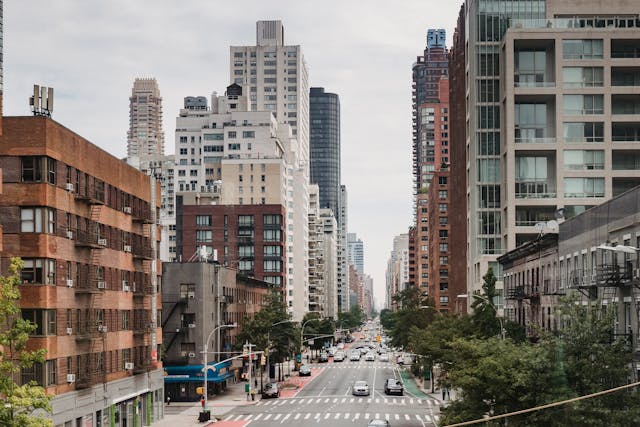As urban centres worldwide continue to attract young individuals for employment, education, and social interactions, a recent study highlights urban features that could enhance the mental well-being of young city residents. Based on feedback from a globally diverse group, including young adults and professionals across various fields, the research outlines essential elements that urban planners can integrate to foster secure, fair, and welcoming environments.
The research commenced with an initial survey of over 400 participants, comprising young individuals and experts from multiple disciplines. Following two more rounds of surveying, six key urban attributes emerged as critical for the mental health of young urbanites: opportunities for personal development and life skills; youth-friendly spaces that respect and validate young emotions and values; accessible, safe public places for social connections; stable employment opportunities; initiatives targeting social health determinants; and urban planning that reflects the needs and inputs of young people.
This significant study was published on February 21 in Nature, led by Pamela Collins, MD, MPH, of the Johns Hopkins Bloomberg School of Public Health, in collaboration with citiesRISE and an international team. This collaboration emphasizes the critical role of urban settings in shaping health outcomes, spotlighting the disproportionate impact of urban challenges on vulnerable youth populations. With mental disorders being a leading cause of disability among 10- to 24-year-olds globally, the study underscores the urgency of addressing mental health in urban planning.
The study’s timing is poignant, beginning at the onset of the COVID-19 pandemic in April 2020, which brought additional insights into the exacerbated inequalities faced by marginalized urban communities. The diverse panel of over 400 participants from 53 countries highlighted the pandemic’s role in either revealing or confirming the deep-seated inequities and vulnerabilities that impact youth mental health in cities.
The extensive survey process led to the identification of 37 key characteristics supporting youth mental health, categorized into six domains: intrapersonal, interpersonal, community, organizational, policy, and environmental aspects. These findings offer a comprehensive roadmap for policymakers and urban planners, advocating for a multi-sectoral approach to cultivate cities conducive to young people’s mental health. That includes focusing on social and emotional learning, creating opportunities for social engagement, ensuring job security, and involving young people in urban development processes to address their unique needs and perspectives.
The study highlights the importance of adopting policies and planning strategies that prioritize social and economic equality and prevent the exacerbation of existing inequalities through urban development initiatives. It advocates for a holistic, collaborative approach to urban planning that includes young individuals in the conversation. This approach aims to create cities that not only accommodate but actively support their younger residents’ mental health and well-being. This approach signifies a move towards more inclusive, equitable, and mentally healthy urban environments for future generations.
More information: Pamela Y. Collins et al, Making cities mental health friendly for adolescents and young adults, Nature. DOI: 10.1038/s41586-023-07005-4
Journal information: Nature Provided by Johns Hopkins Bloomberg School of Public Health








